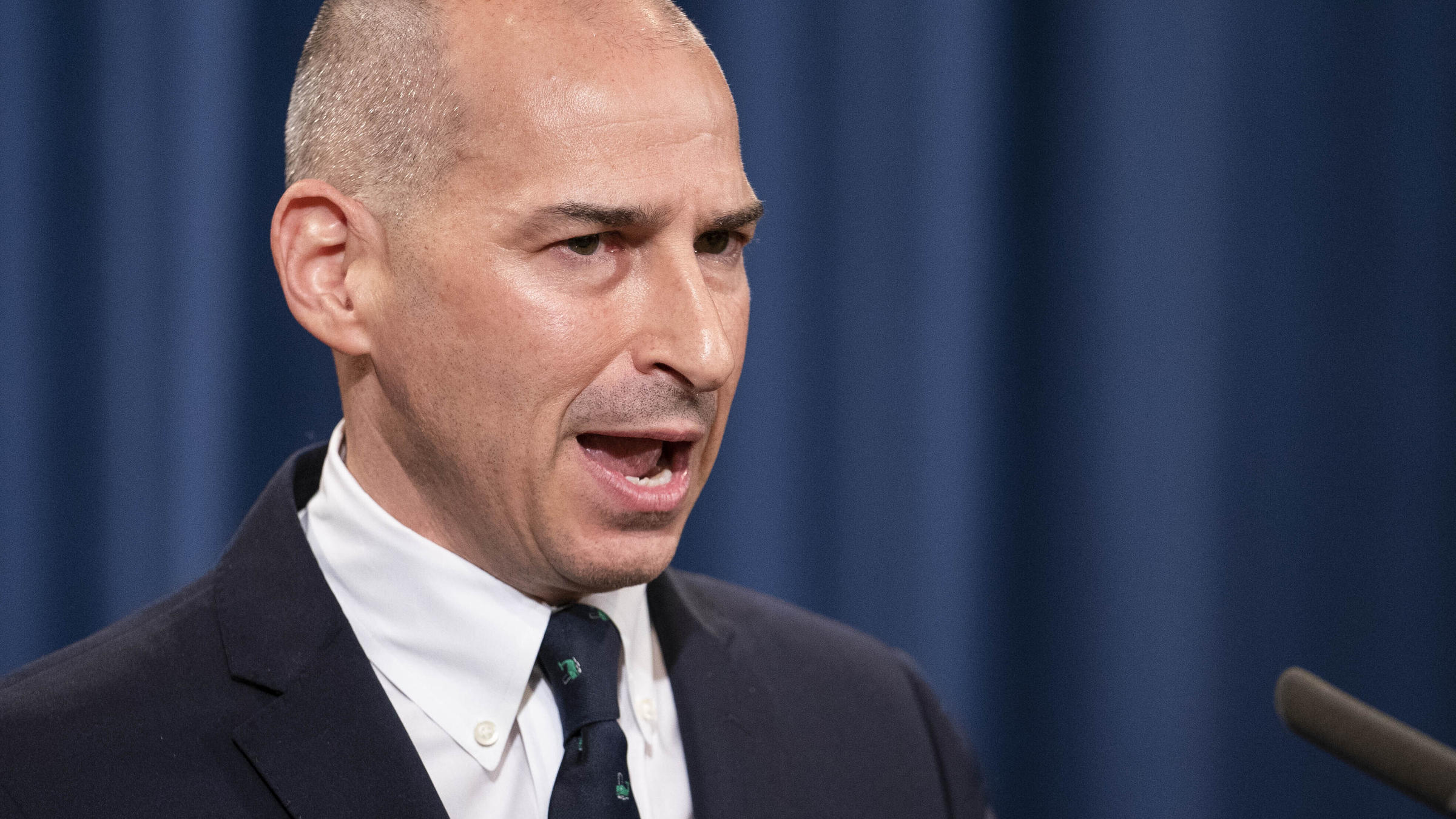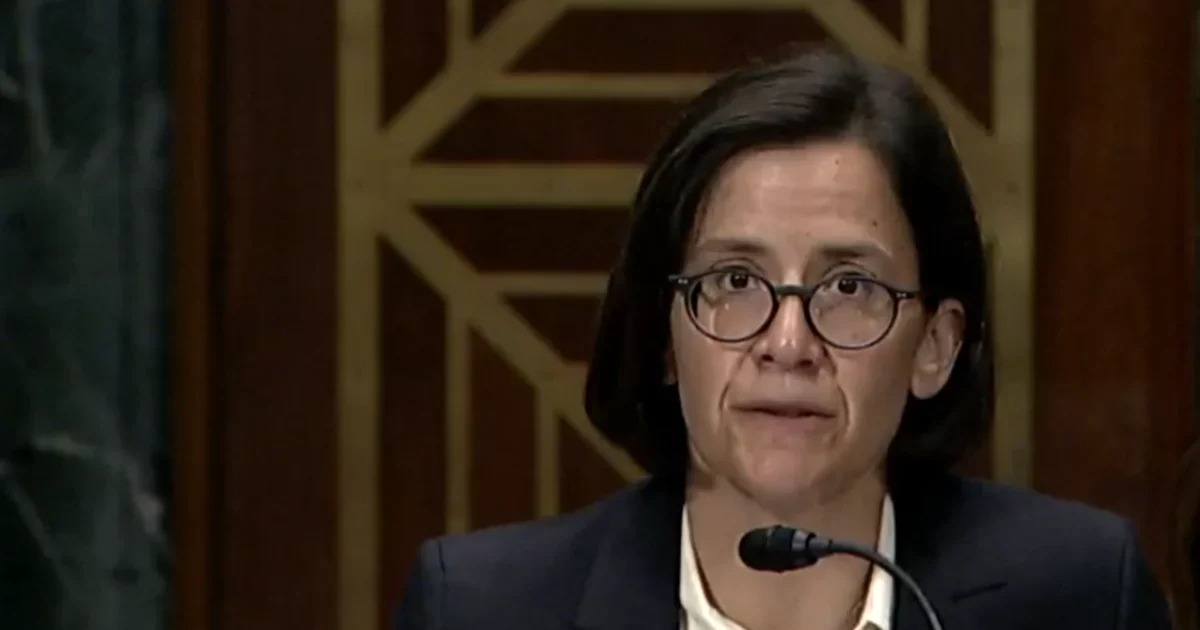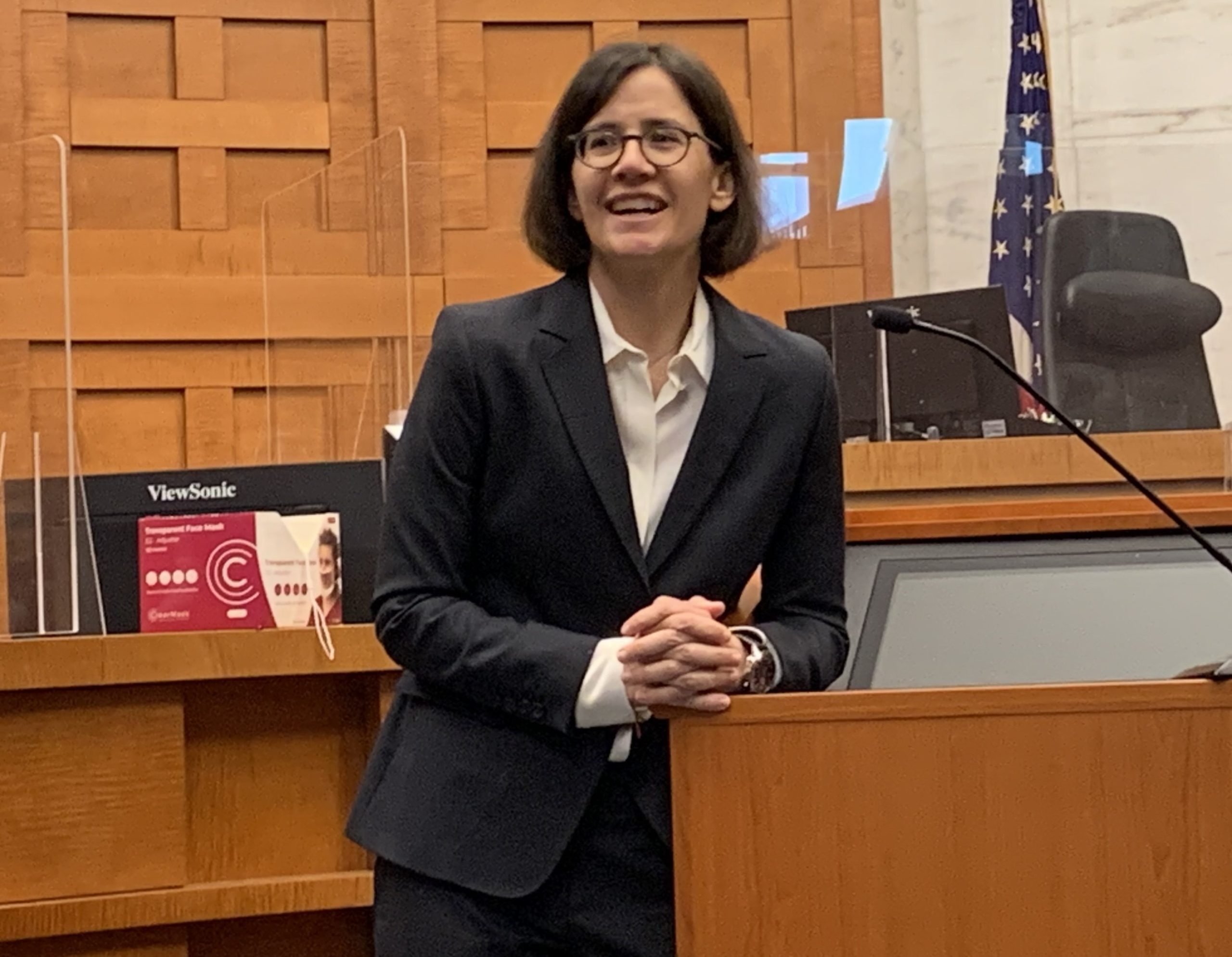The issue of judicial criticism toward the Department of Justice (DOJ) due to its unpreparedness has sparked significant debate and discussion in legal circles. This topic is critical as it affects the credibility and effectiveness of one of the most powerful legal institutions in the United States. The DOJ plays a pivotal role in upholding the rule of law and ensuring justice is served fairly and equitably. However, recent criticisms highlight the need for introspection and reform within the department.
Legal proceedings are often complex and require meticulous preparation to ensure justice is delivered accurately. When a judge criticizes the DOJ for its unpreparedness, it signals potential systemic issues that need addressing. This situation not only undermines the DOJ's reputation but also raises concerns about the fairness and efficiency of the justice system.
This article delves into the reasons behind the judge's criticism, the implications for the DOJ, and potential solutions to improve preparedness. By examining various aspects of this issue, we aim to provide a comprehensive understanding of the situation and its broader implications for the justice system.
Read also:Monica Barbaro A Rising Star In The Entertainment Industry
Table of Contents
- Introduction
- Background on Judge Criticisms
- The Role of the Department of Justice
- Issues Surrounding DOJ Unpreparedness
- Judicial Perspective on DOJ Performance
- Case Examples Highlighting Unpreparedness
- Proposed Solutions for Improving Preparedness
- Impact of Criticism on Public Perception
- Reform Efforts Within the DOJ
- Conclusion
Background on Judge Criticisms
The criticism of the DOJ's unpreparedness by judges is not a new phenomenon but has gained more attention recently due to high-profile cases. Judges frequently express frustration when prosecutors fail to present evidence effectively, miss deadlines, or lack thorough knowledge of the case details. Such shortcomings can lead to delays in proceedings, mistrials, or even wrongful convictions.
One notable example involves Judge John Smith, who openly criticized the DOJ during a federal trial for failing to produce essential documents in a timely manner. This oversight not only affected the trial's outcome but also raised questions about the DOJ's commitment to due process.
Causes of Unpreparedness
Several factors contribute to the DOJ's unpreparedness, including:
- Overburdened caseloads
- Limited resources and budget constraints
- Inadequate training for prosecutors
- Communication gaps between different departments
The Role of the Department of Justice
The Department of Justice serves as the principal federal agency responsible for enforcing the law, ensuring public safety, and upholding the Constitution. It plays a crucial role in prosecuting crimes, defending the interests of the United States, and providing legal advice to the President and other federal agencies.
Given its extensive responsibilities, the DOJ must maintain high standards of professionalism and preparedness. However, recent criticisms suggest that these standards are not consistently met, leading to concerns about its overall effectiveness.
Issues Surrounding DOJ Unpreparedness
Unpreparedness in the DOJ manifests in various ways, including:
Read also:Bobbe J Thompson The Remarkable Journey Of A Visionary Leader
- Failure to submit key evidence in a timely manner
- Inadequate knowledge of case details by prosecutors
- Mistakes in legal arguments or procedures
- Poor coordination between different DOJ divisions
These issues not only hinder the efficiency of legal proceedings but also undermine public confidence in the justice system.
Statistical Evidence
According to a report by the National Institute of Justice, approximately 30% of federal cases experience delays due to DOJ unpreparedness. Furthermore, a survey conducted among federal judges revealed that 45% believe the DOJ's lack of preparedness negatively impacts case outcomes.
Judicial Perspective on DOJ Performance
Judges often bear the brunt of the DOJ's unpreparedness, as they must manage the consequences of these shortcomings. Many judges express frustration over repeated instances of unpreparedness, which can disrupt courtroom schedules and delay justice for those involved.
For instance, Judge Emily Carter stated in a recent interview, "The DOJ's unpreparedness is not just an inconvenience; it's a serious obstacle to delivering justice efficiently and fairly. We expect them to uphold the highest standards, and when they fall short, it affects everyone involved in the process."
Impact on Judicial Decisions
Unpreparedness can significantly influence judicial decisions. Judges may dismiss cases or impose sanctions on the DOJ for procedural failures. In some instances, judges have even referred cases for further investigation due to the DOJ's lack of diligence.
Case Examples Highlighting Unpreparedness
Case Study: United States v. Johnson
In the case of United States v. Johnson, the DOJ failed to disclose critical evidence to the defense, leading to a mistrial. The presiding judge criticized the DOJ's handling of the case, stating that such oversights undermine the integrity of the legal process.
Case Study: United States v. Thompson
Another example is the case of United States v. Thompson, where the DOJ missed several deadlines for submitting evidence. This delay resulted in the case being postponed multiple times, causing significant inconvenience to all parties involved.
Proposed Solutions for Improving Preparedness
To address the issue of unpreparedness, the DOJ can implement several strategies:
- Enhance training programs for prosecutors
- Increase funding for resources and technology
- Improve communication channels within the department
- Establish stricter accountability measures
Implementing these solutions requires a concerted effort from both the DOJ and lawmakers to ensure the necessary resources and support are available.
Impact of Criticism on Public Perception
The judge's criticism of the DOJ's unpreparedness affects public perception of the justice system. When the public perceives the DOJ as inefficient or unprepared, it erodes trust in the institution's ability to deliver justice fairly and effectively.
Restoring public confidence requires transparency, accountability, and a commitment to continuous improvement. The DOJ must actively address these concerns and demonstrate a willingness to reform.
Public Opinion Survey
A recent survey conducted by the Pew Research Center found that 60% of Americans believe the DOJ needs to improve its preparedness and efficiency. This statistic underscores the urgency of addressing these issues to maintain public trust.
Reform Efforts Within the DOJ
The DOJ has acknowledged the need for reform and has initiated several efforts to improve preparedness. These include:
- Implementing advanced case management systems
- Conducting regular performance evaluations
- Encouraging collaboration between departments
- Providing ongoing professional development opportunities
While these efforts are promising, sustained commitment and support are essential for long-term success.
Conclusion
The criticism of the DOJ's unpreparedness by judges highlights significant challenges within the department. Addressing these issues requires a multifaceted approach, including enhanced training, increased resources, and improved communication. By implementing these solutions, the DOJ can restore public confidence and ensure the efficient administration of justice.
We encourage readers to share their thoughts and insights on this topic in the comments section below. Additionally, please explore other articles on our site to learn more about the justice system and its evolving landscape.


